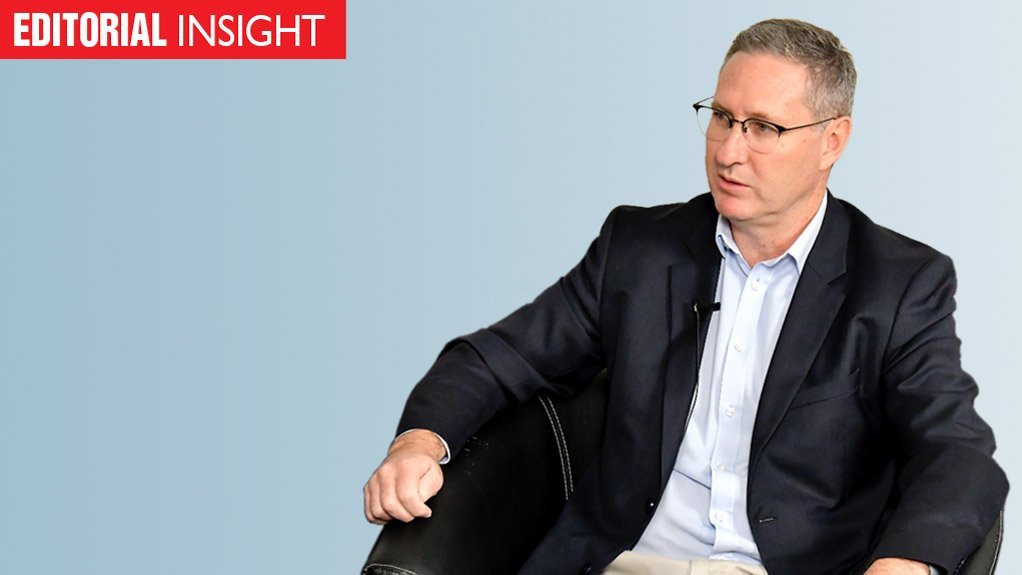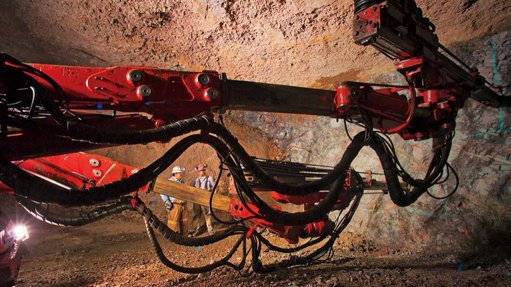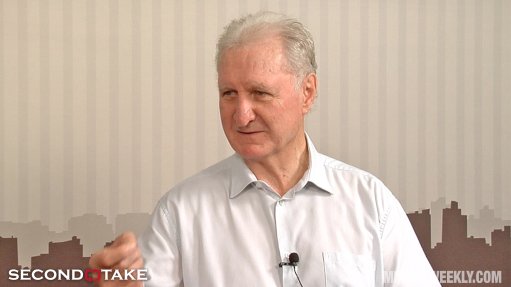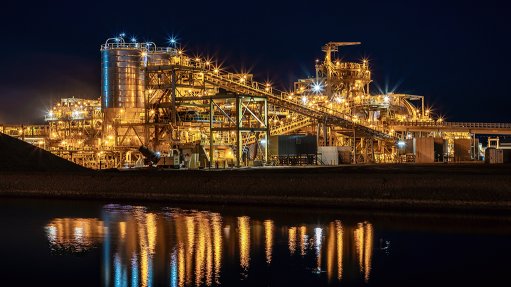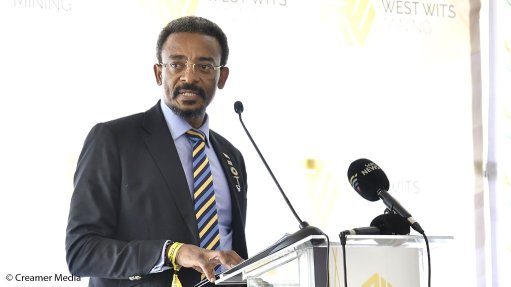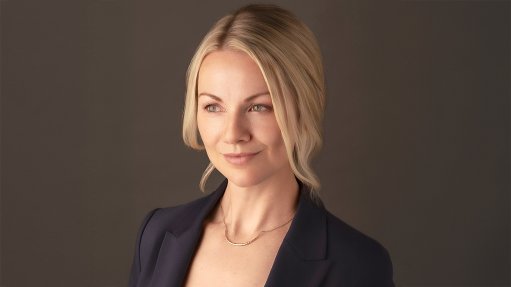Welcome development
The importance of Eskom’s endorsement of a lifting of the generation licensing cap from 1 MW to 50 MW cannot be overstated.
CEO Andre de Ruyter expressed support for the proposal, made by Meridian Economics in January, during a webinar this month, explaining that distributed investments could help close a supply gap that was only set to widen.
With some 10 000 MW of existing coal capacity to be decommissioned by 2030, there will be a shortfall of some 16 000 MW before any demand growth. Only 13 800 MW of this will be closed by utility-scale procurements catered for by Ministerial determinations published in 2020.
De Ruyter indicated that Eskom is, thus, keen to facilitate investments by mines, mineral processors, factories and farms, and has created internal processes to help expedite the connection of such generators.
The speed at which this additional capacity can be realised is still dependent, however, on grid capacity and the licensing regime administered by the National Energy Regulator of South Africa (Nersa).
At this stage, any project larger than 1 MW must run a licensing gauntlet initially designed for large coal-fired projects, but which has since been slightly streamlined. Nersa has 120 days to process applications, but approvals within this timeframe are rare, as the regulator typically finds application deficiencies.
For this reason, close industry observers have, for years, been calling for a higher licensing threshold, arguing that such a move would unlock investment by business that would reduce the current stresses on the system at no cost to government or Eskom.
Those with vertically integrated mindsets cannot understand how Eskom could agree to such a notion, arguing that it would entirely undermine the utility’s business model.
These individuals forget, though, that government has already decided that the vertically integrated model is no longer fit for purpose. The prevailing policy insists on the unbundling of Eskom not only to facilitate the investments in generation needed to shed the prevailing load-shedding albatross, but also to future-proof the electricity industry as a whole.
As is the case globally, the industry will transition to a far more distributed structure, one where previous strict distinctions between producers and consumers no longer apply.
In this new world, reforms such as the one supported by De Ruyter are not only in line with policy, but will also be financially beneficial to Eskom. It will burn less diesel when its coal plants underperform and it will be able to retire those coal units that are simply too expensive to run.
It can also begin to concentrate on investing in that neglected part of the business that is so critical for unlocking both much-needed generation investment and the broader energy transition: the grid.
Coupled with the comprehensive tariff restructuring needed to fairly compensate grid providers, upscaled grid investments will go a long way to rebuilding the sustainability of the electricity industry, as well as that of Eskom and municipal utilities.
Article Enquiry
Email Article
Save Article
Feedback
To advertise email advertising@creamermedia.co.za or click here
Announcements
What's On
Subscribe to improve your user experience...
Option 1 (equivalent of R125 a month):
Receive a weekly copy of Creamer Media's Engineering News & Mining Weekly magazine
(print copy for those in South Africa and e-magazine for those outside of South Africa)
Receive daily email newsletters
Access to full search results
Access archive of magazine back copies
Access to Projects in Progress
Access to ONE Research Report of your choice in PDF format
Option 2 (equivalent of R375 a month):
All benefits from Option 1
PLUS
Access to Creamer Media's Research Channel Africa for ALL Research Reports, in PDF format, on various industrial and mining sectors
including Electricity; Water; Energy Transition; Hydrogen; Roads, Rail and Ports; Coal; Gold; Platinum; Battery Metals; etc.
Already a subscriber?
Forgotten your password?
Receive weekly copy of Creamer Media's Engineering News & Mining Weekly magazine (print copy for those in South Africa and e-magazine for those outside of South Africa)
➕
Recieve daily email newsletters
➕
Access to full search results
➕
Access archive of magazine back copies
➕
Access to Projects in Progress
➕
Access to ONE Research Report of your choice in PDF format
RESEARCH CHANNEL AFRICA
R4500 (equivalent of R375 a month)
SUBSCRIBEAll benefits from Option 1
➕
Access to Creamer Media's Research Channel Africa for ALL Research Reports on various industrial and mining sectors, in PDF format, including on:
Electricity
➕
Water
➕
Energy Transition
➕
Hydrogen
➕
Roads, Rail and Ports
➕
Coal
➕
Gold
➕
Platinum
➕
Battery Metals
➕
etc.
Receive all benefits from Option 1 or Option 2 delivered to numerous people at your company
➕
Multiple User names and Passwords for simultaneous log-ins
➕
Intranet integration access to all in your organisation



